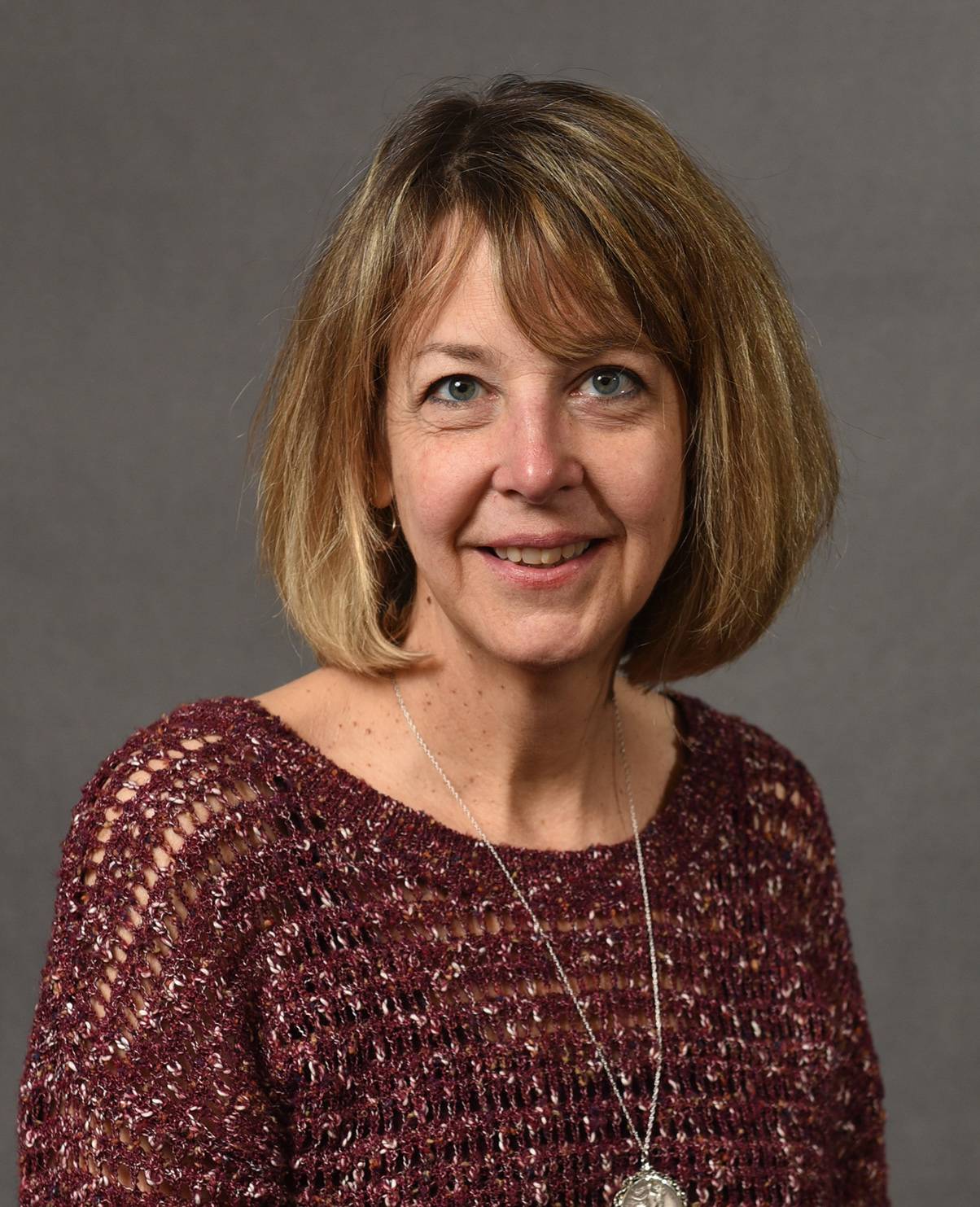Timia Cobb | November 8, 2021

Lisa Fournier, a graduate student in Dementia and Aging Studies, has won a National Academy of Medicine award through the National Academy of Sciences for her research project.
Joy for People Living with Dementia Using a Virtual Assistant, or Joi, is a project that examines how artificial intelligence can be utilized in homes to assist people with dementia, Alzheimer's and other cognitive disorders. Fournier explained that having the technology inside of homes allows for the use of sensors to monitor those diagnosed with dementia. The aim of the research project is to test reminiscence interventions, such as photos, using artificial intelligence to help create a personalized home environment. She described these interactions as “joy pops.” The virtual assistant encourages the repetition of an activity and motivates behaviors by relating them to a positive experience, or joy.
The inspiration for Fournier’s project sprung from her relationship with her mother, who was diagnosed with Alzheimer’s disease. Fournier said she spent eight years as her mother’s primary caregiver, until she died in 2017.
“Caregiving was the most difficult and stressful thing I had ever done. On this side of it, I am enormously blessed, I got to know my mom in a real way — the real her,” Fournier said. “I remember one day I was trying to figure out what I could do to keep her from being bored. I remembered that she had always wanted to be an artist. She took right to those colored pencils and tablets. I now have books of her drawings of her childhood house, family, beach scenes and all types of memories. She was so very happy doing it." Fournier later found out in her studies that art and reminiscing were very helpful for people with dementia.
Fournier started Joi during a directed study class with Dr. Patti Giuffre, professor of sociology in the College of Liberal Arts. Fournier’s research project focused on the positive side of dementia “Many times, what seems to be out of necessity, we, as a society, tend to look at the negative aspects or the safety aspects of dementia. So, I looked in Dr. G. Allen Power's book, and decided to inquire into one of the concepts he writes about, joy.”
Fournier said that Joi will not only help people living with cognitive disorders such as dementia, but also help the people caring for them by reducing stress. “None of us work or live well with stress, especially people with dementia and care partners because of all the changes. It is a big challenge that needs to be addressed,” she said.
Fournier was surprised and happy to receive the award. She hopes this will motivate further research on dementia-related topics and cognitive disorders.

“If we can provide the field the output of our development, I think that would be outstanding. Then, the innovators and entrepreneurs can take it from there and change it up as needed,” Fournier said.
Fournier has advanced her research by working with the Minka Learning Lab at the University of Southern Indiana.The Minka Learning Lab provides a model smart home to imitate the living experience older citizens could have when living alone and only aided by virtual assistance.
“The development of Joi is somewhat futuristic," Fournier said. “We can already do reminiscence therapy by showing old photographs or playing music from long ago to a person with dementia. We can also live with artificial intelligence, such as Alexa, as well as smart home technology, such as Nest. Joi relies on a functional smart home to interact with.”
Share this article
For more information, contact University Communications:Jayme Blaschke, 512-245-2555 Sandy Pantlik, 512-245-2922 |
